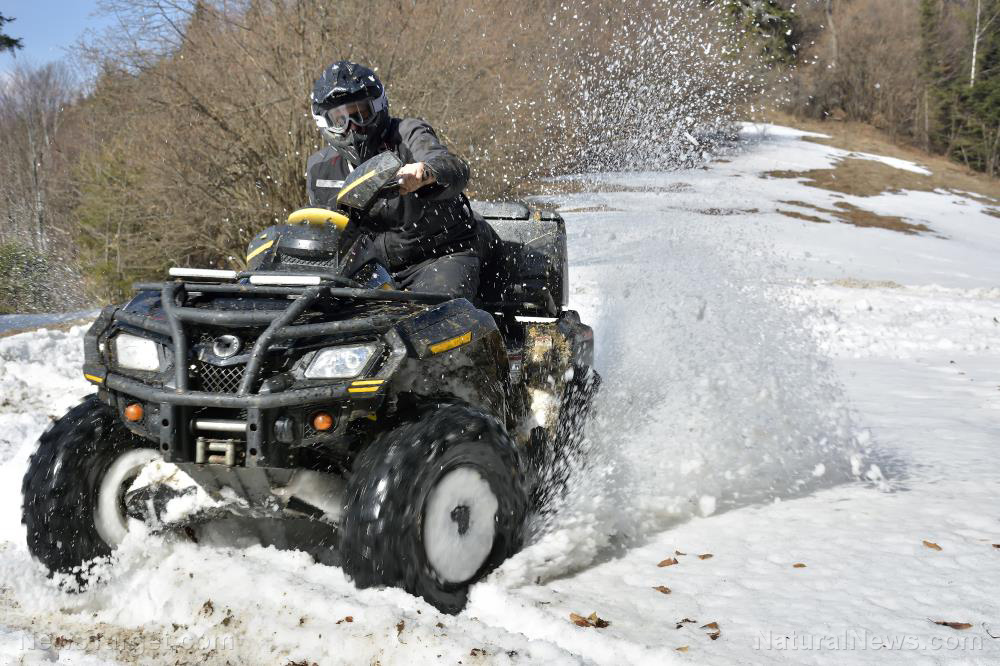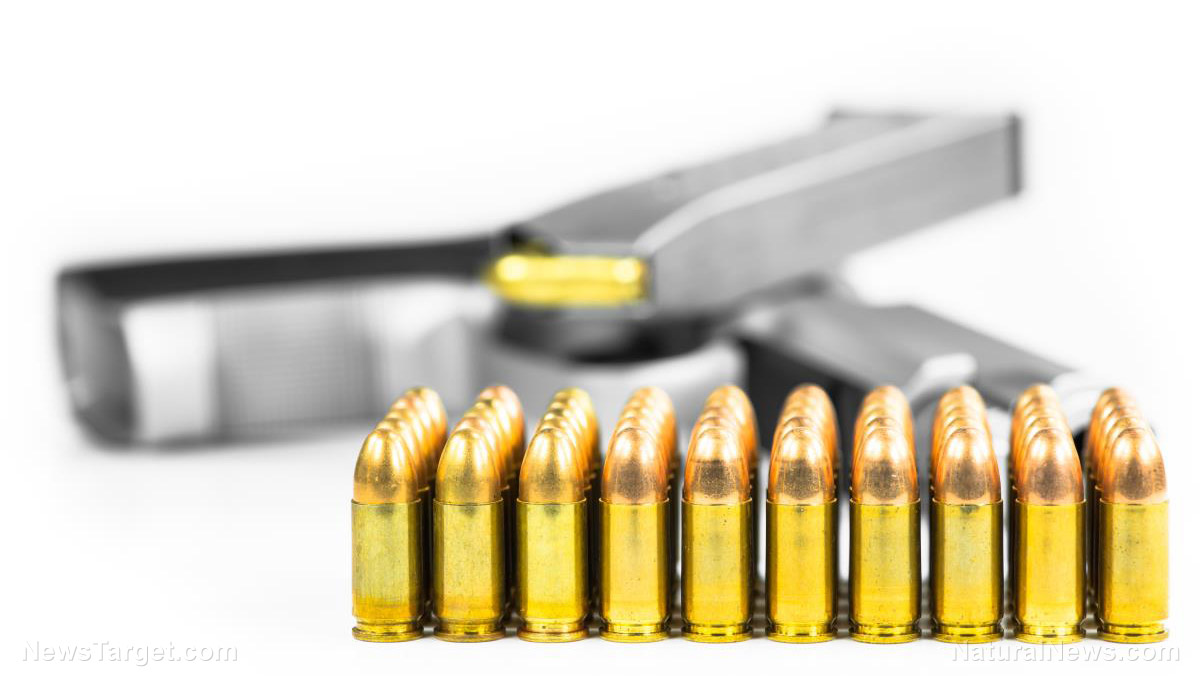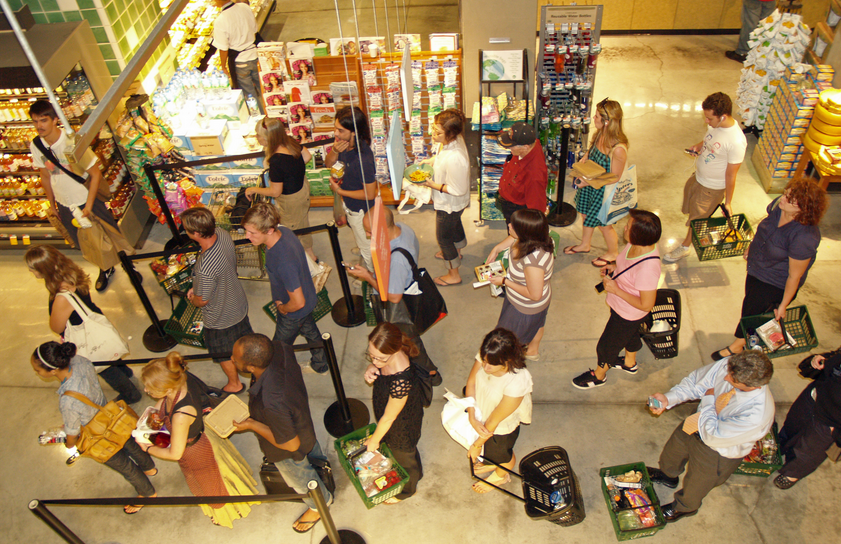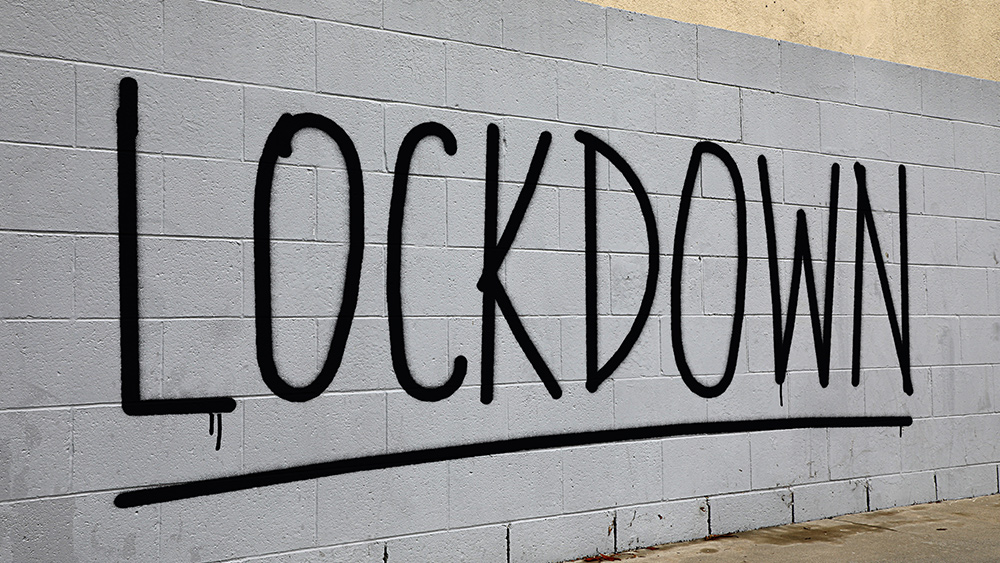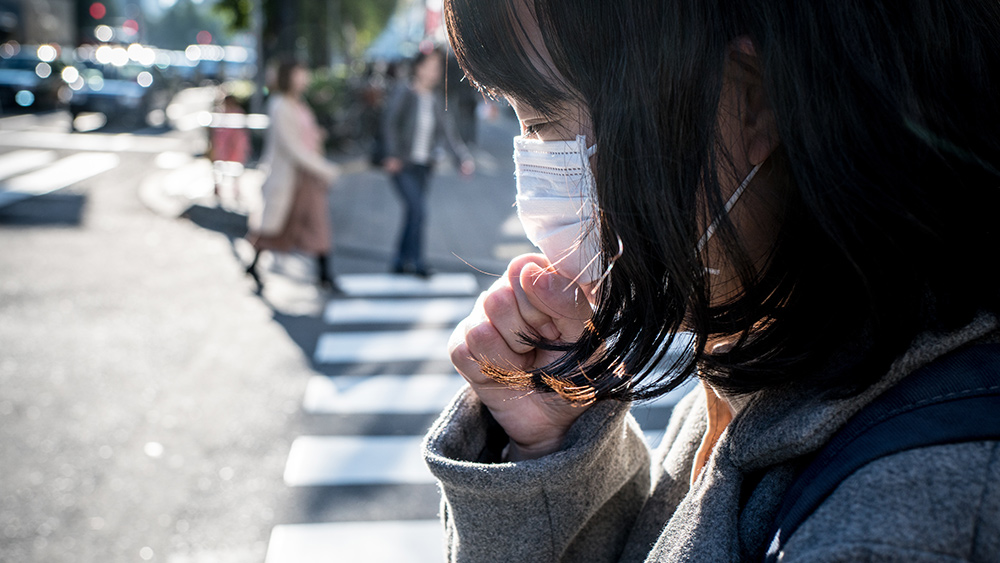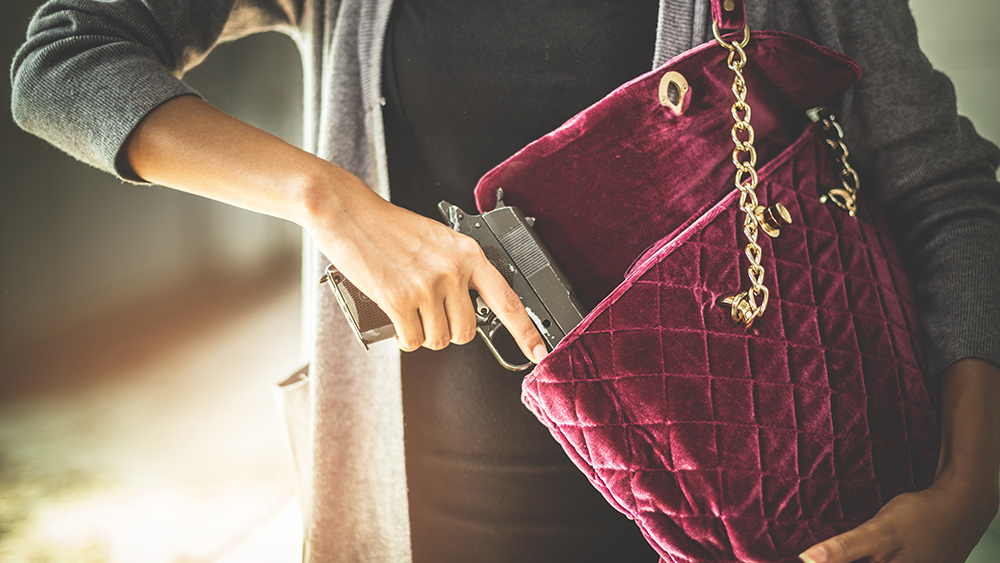Prepping basics: 5 Bug-out bag mistakes you need to avoid
04/07/2020 / By Janine Acero
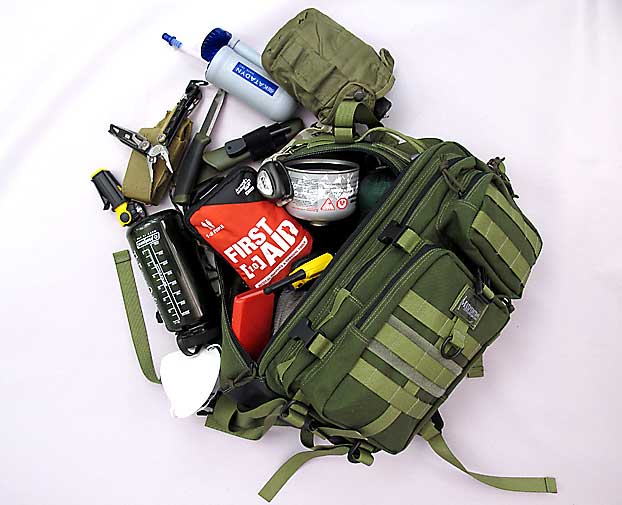
A good prepper is ready to bug out at a moment’s notice. That said, his bug-out bag (BOB) should be able to cover his personal needs for the entire time he is bugging out. If his BOB turns out to be a liability before he can reach his bug-out location, it is probably that he may have made one (or some) of these common mistakes.
Take note of these so you may avoid them when you’re packing your own BOB. (h/t to DoomsdayMoose.com)
Poor choice of BOB
A BOB cannot be just any bag. A poorly chosen BOB will not meet your prepping needs due to weight, limited space and overall appearance.
When purchasing a BOB, take note of the following:
- Bugging out essentials – Your BOB should be able to sustain you for a few days until you reach your bug-out location. When packing a BOB, the most important items you should have are the five Cs: cutting, combustion, cordage, container and cover, which will be discussed further below.
- Carrying capacity – Depending on how long you plan to bug-out, a BOB should, at minimum, be able to carry a volume of 40 liters or 2,500 cubic inches for an adult size bag.
- Appearance – A BOB should not stand out too much or it may attract unwanted attention. Ensure that your BOB blends in well with the environment or your bug-out location.
Too much equipment and too many tools
The five Cs are survival essentials that any BOB should have. Make sure you cover the five Cs first before packing additional items.
- Cutting – A sensible prepper always has a knife in his BOB and on his person. A knife is essential for slicing food, cutting small pieces of wood, and for self-defense. Keep a boot knife or a folding knife of at least three inches long, as well as a knife sharpener.
- Combustion – You need fire to keep warm, cook food and boil water. Pack firestarters and equipment for cooking and boiling, like a portable stove and small pot. For tinder, you can use some twigs, dry leaves or dryer lint. For a firestarter, you can pack a ferro rod with scrapper to burn the tinder.
- Cordage – Paracord is useful for many situations such as making a splint for an injured arm or leg, hanging a hammock or for setting up a tent.
- Container – Your food rations and drinking water must be stored in proper containers to avoid contamination. You can pack a portable water filter if you plan to drink from a nearby water source like a river or stream.
- Cover – Weather can be unpredictable while bugging out, so you must pack items for building a temporary shelter in case extreme weather forces you to stay put. Pack an emergency tent to stay out of the rain or hail. Cover also includes a blanket, clothes and a poncho.
Not enough food or water
If you bring your own drinking water, you must pack at least one gallon of water per person per day. So, decide on how much water to bring depending on how long you would be on the move. If you plan to get water from a nearby source, you will need to filter and then boil it before it is safe for consumption.
For food rationing, three days’ worth of food typically has 3,000 to 3,500 calories per person depending on a person’s physical needs and activities. Make sure to check the expiration date on the food items.
Do not forget to pack a medical kit, with basic first aid, remedies for stomachache, diarrhea, pain relief and personal medications if you’re living with an existing health condition, like an allergy.
In terms of hygiene, you can bring empty plastic bags and wipes to clean up after eating, as well as soap, toothbrush and toothpaste for washing up.
Forgetting important documents
Documents such as IDs, licenses and cash should have a space in your BOB. Reporting a lost wallet or seeking help from authorities would be much easier if you have copies of your identification on hand.
If you have an existing medical condition, you should include your medical card with the rest of your important documents. Your medical card would be handy during an emergency so that others can read your medical history in a glance. This will help prevent incorrect prescriptions for an allergy or misdiagnosis of your medical condition.
Lack of field training
Your survival items will only be useful if you know how to use them. Familiarize yourself with the items you’ve packed and start practicing your survival skills using each tool.
You can use a GPS to learn the terrain around your location. Find sources of water and nearby villages that you can bug out to during an emergency.
Understand your personal needs when selecting a BOB, pack all the essentials first before any additional items and hone your survival skills. Visit BugOut.news to learn more.
Sources include:
Tagged Under: bug out, bugout bag, cash, disaster, emergency, firestarting, first aid, food supply, ID, knife, license, medical supply, preparedness, prepping, shelter, SHTF, water supply
RECENT NEWS & ARTICLES
COPYRIGHT © 2017 PREPAREDNESS NEWS




